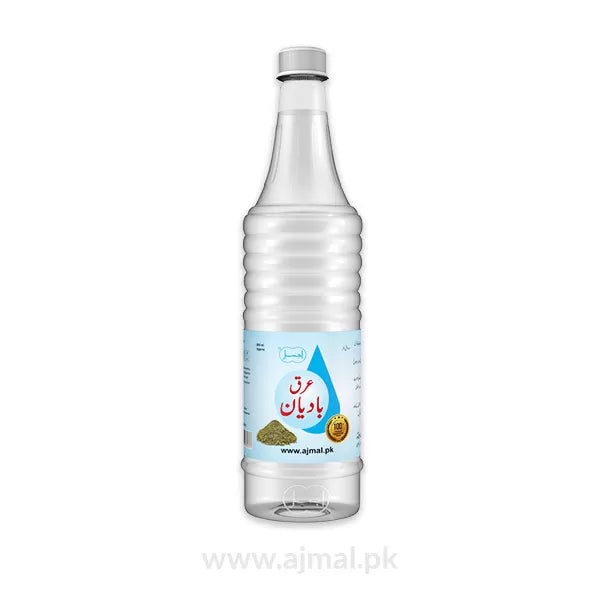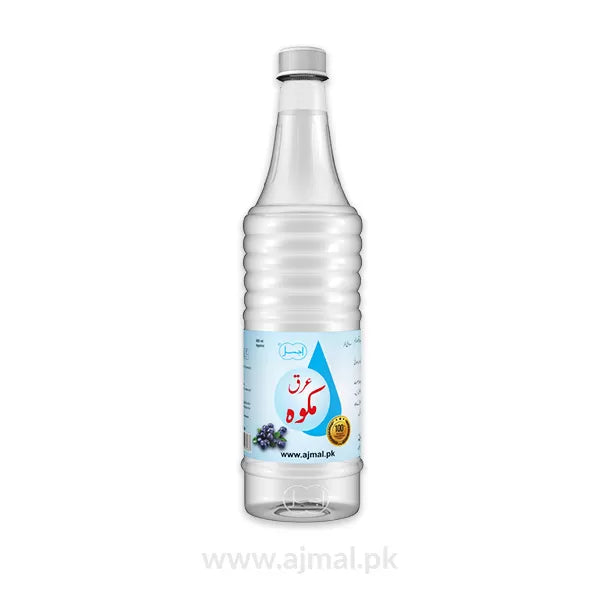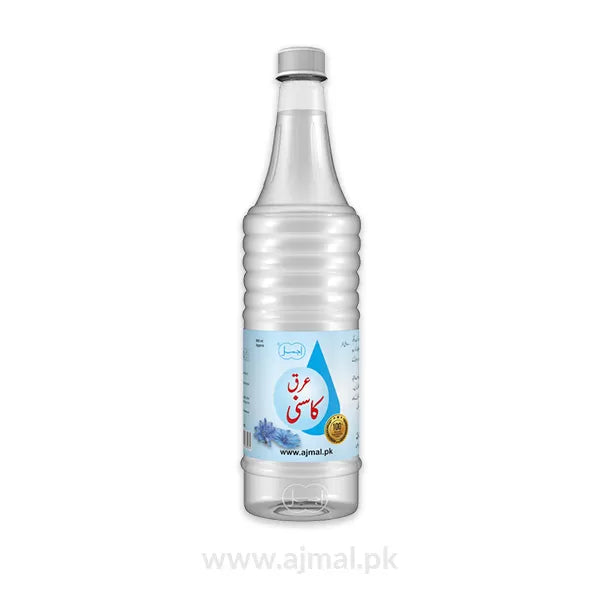Let's be honest—piles, also known as haemorrhoids, aren't exactly the kind of thing people like to talk about. But maybe they should be. Why? Because a lot of people are quietly dealing with the discomfort, the itching, the pain, and even the bleeding, without ever bringing it up.
Have you ever noticed a bit of blood after using the bathroom? Or maybe you've felt a strange discomfort or itch around your anal area and thought, "Eh, it'll go away."
Does that ring a bell? You're in good company. And it's not something to ignore. The truth is—piles disease is extremely common, and the good news is that an effective treatment of piles is available. You don't need to suffer in silence, feel awkward, or panic. In this write-up, we're going to have an open conversation about piles.
What Are Piles?
Piles are swollen blood vessels inside or around the anus and rectum. They are quite similar to varicose veins. Depending on where they occur, piles are divided into two main types:
- Internal hemorrhoids: Found inside the rectum. They are usually not painful but may cause bleeding.
- External hemorrhoids: Found under the skin around the anus. These can be painful, especially when sitting or passing stool.
What Do Piles Feel Like? (Common Symptoms)
Here are some common piles symptoms to look out for:
- Itching or irritation around your anus
- Pain or discomfort, especially when sitting or passing stools
- Bleeding during bowel movements – usually bright red
- A lump or swelling near your anus, which may be painful
- Mucus discharge after a bowel movement
- A feeling like your bowel isn’t completely empty
DID YOU KNOW?
It's estimated that around 50% of adults over the age of 50 will experience piles at some point in their lives.
What Causes Piles?
Now, you might be wondering—why does this happen in the first place?
Well, there’s no single reason for piles. In fact, piles usually develop due to a combination of everyday habits and conditions that put extra pressure on the veins in your rectum and anus.
Let’s take a look at some of the most common reasons for piles:
1. Constipation and Straining
When you’re constipated, you have to push harder to pass stool. This extra pressure can cause the veins in your rectum to swell.
2. Sitting for Too Long
Whether it’s at a desk job or on the toilet, sitting for long periods can cause piles or make existing ones worse.
3. Pregnancy
Pregnant women often develop piles due to the added pressure on their pelvic area and hormonal changes.
DID YOU KNOW?
Around 25% to 35% of pregnant women experience haemorrhoids during or after pregnancy due to increased pressure and hormonal changes.
4. Heavy Lifting
Frequently lifting heavy items (at work or the gym) can cause pressure that leads to the development of hemorrhoids.
5. Obesity
Being overweight increases pressure in your abdominal area, which can contribute to the problem.
6. A Low-Fiber Diet
Not eating enough fruits, vegetables, and whole grains makes it harder to pass stool, increasing your risk of constipation—and piles.
How Are Piles Diagnosed?
If you think you may have hemorrhoids, it’s essential to consult a doctor to get the right diagnosis and explore the best treatment for piles based on your condition. The doctor will ask about your symptoms and may examine the area. In some cases, a small instrument called an anoscope or proctoscope may be used to examine the inside of the rectum. If there is bleeding, further tests may be done to rule out other conditions like colon cancer or anal fissures.
Can You Prevent Piles? Absolutely!
The best part? You can take steps to avoid piles altogether or keep them from recurring. And if you’re already dealing with them, don’t worry—there are options for piles treatment without operation that really work. Here’s how:
1. Fiber Up Your Plate
One of the most effective ways to prevent piles—and support any hemorrhoids treatment—is by adding more fiber to your daily meals. Fiber softens your stool, making it easier to pass and reducing the need to strain during bowel movements.
Eat more:
- Fruits (like apples and pears)
- Vegetables (especially leafy greens)
- Whole grains (like brown rice, oats, and whole wheat)
- Legumes (like lentils and beans)
2. Drink Plenty of Water
Water + fiber = smooth digestion.
Drinking enough water throughout the day is just as important as eating fiber. Without proper hydration, even a fiber-rich diet won’t work effectively and may worsen constipation. Aim for at least 8 to 10 glasses of water daily to keep your digestive tract functioning properly. Staying hydrated helps your body break down food more easily and ensures your stool stays soft and easy to pass.
3. Don’t Ignore Nature’s Call
If you feel like going—go!
Ignoring the urge to use the bathroom may seem harmless, but it can actually lead to big problems. When you hold in a bowel movement, your stool becomes harder and drier, making it much more difficult to pass later. This often causes straining, which puts extra pressure on the veins in your lower rectum—and that’s how piles can start to develop.
If this becomes a regular habit, you may eventually find yourself searching for a treatment for piles (bawaseer ka ilaj). The best approach? Listen to your body and don’t delay nature’s call.
4: Go Herbal with Ajmal Dawakhana
If you prefer natural remedies, Ajmal Dawakhana offers a trusted range of herbal products for piles that have been used for generations. Our piles treatment in Pakistan helps relieve pain and itching, softens stool, eases constipation, reduces swelling, stops rectal bleeding, and heals wounds caused by external or prolapsed piles—all while working gently without harmful side effects.
Here are some of our best-known products for piles:
- Qurs Bawaseer Khas
- Itrifal Muqil
- Habbe Muqil
- Roghan Bawasir Khas
- Majun Muqil
- Habbe Surkh Bawasir
- Qurs Bawaseer Ajmali
- Zamad Bawasir
5. Avoid Sitting for Long Hours
Long periods of sitting—be it at work, while watching TV, or even while using the toilet—can increase pressure in the rectal area, especially if you already have mild symptoms of piles. Over time, this pressure may cause the veins around your anus to swell, leading to discomfort and eventually piles.
If your job involves a lot of sitting, try to stand up and stretch every 30 to 60 minutes to help prevent back pain. Even a short walk around the room can help improve circulation.
At home, avoid sitting in the same position for too long, and consider using a cushion or donut pillow if you’re already experiencing discomfort.
6. Move Your Body Daily
Staying physically active plays a big role in piles treatment. Even light exercises, such as walking, stretching, or yoga, can help improve digestion and reduce pressure on your lower body. Regular physical activity helps maintain regular bowel movements, prevents constipation, and supports a healthy metabolism.
On the Whole
Piles may be uncomfortable, but they’re nothing to be ashamed of—and definitely not something you have to live with. No matter if your symptoms are new or ongoing, simple changes in diet, habits, and lifestyle can make a world of difference.
And remember, help is available. While medical treatments exist, many people find lasting relief through trusted herbal remedies. These natural solutions work gently to ease discomfort, reduce swelling, and promote healing, without the side effects of harsh chemicals. So don’t suffer in silence—talk to an expert, try our best medicine for piles in Pakistan, and take the natural path to better health.
















